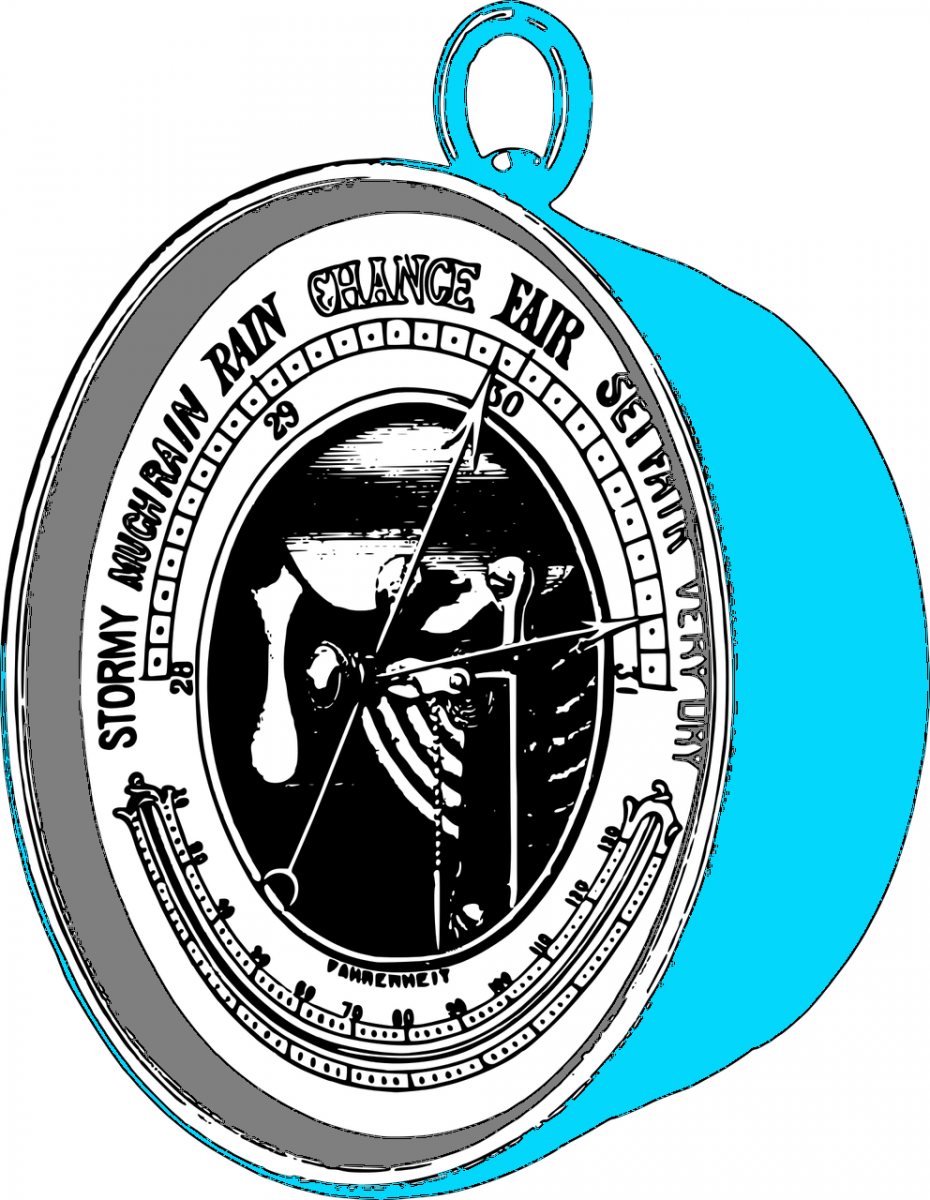Last Monday was Cross Cultural Management’s final lecture, The Future. It reviews the two scenarios our future generation of decision makers face when it comes to globalisation: Will we have enough innovative thinkers and technological development to remedy the issues that threaten our existence or Is one planet really not enough to sustain our current lifestyles and any technological ‘band aid’ solutions are not part of the solution, thus part of the problem?
The 1 hour session considered these questions for the first half hour, which was followed by a ‘Meet the Experts’ panel made up of 3 entrepreneurs: Nick Pye from MOT2U/Motor Mate, Gary Barnshaw from Iconiq drinks and Rich Tolcher from ParcelGenie.
The students kicked if of by asking how to stay motivated when you run your own business. The panel answered that setting small goals is key and not to expect being profitable immediately, as a breaking even result then may demotivate. Interestingly, while two of the panel members talked about passion for the project, one indicated that the financial rewards were a main factor for setting up the business in the first place. Students asked more questions about what advice to take as an entrepreneur and the panel answered that some of it is guts but that it also means doing your research and not allowing for anyone to tell you something you don’t know. Linked to this is that if people ask you a critical question to which you know the answer then their well intended but misguided advice can probably be ignored.
Another student asked about employability and what it takes for someone like an business owner to hire someone like them. Gary advised for a good personal statement to show passion for the job. He told the students he likes to meet future employees in a social setting, since is product is about food and lifestyle. Nick added that evidence is key, to show you can do what you say you can by providing details of your experience. There was some discussion about how most applications are now electronic so it’s difficult to set yourself apart by using different coloured paper for CVs, etc. The entire panel agreed, however, that a generic letter and CV isn’t a good idea – key is to show your interest in the company by tailoring the communication.
The session was enjoyed by the panel and the students and certainly something we’ll repeat in future. Higher Education and industry should connect more often because the curriculum comes alive with practical anecdotes (and it’s great to hear teaching confirmed by stories of critical incidents and practical advice).









